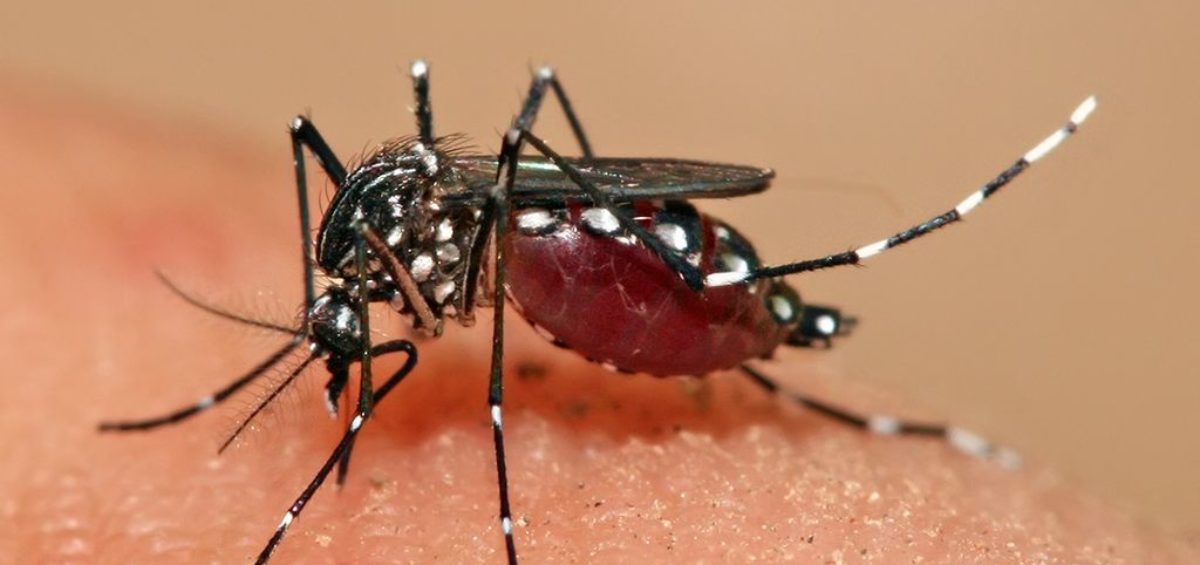Travelers have a lot of questions about the mosquito-borne Zika virus and unfortunately many of those questions remain unanswered.
For example, during a February 18 webinar presented by the Global Business Travel Association, Dr. Eugene Delaune, chief medical officer for Europe Assistance, pointed out that despite the dramatic increase of babies born with microcephaly in Brazil, this causal relationship between Zika virus and the birth defects has not been proven.
Zika Facts:
- Carried by the aedes aegypti mosquito, which is most active during the day
- Symptoms of the virus are mild – fever, rash conjunctivitis, muscle/joint pain and headache
- Onset of symptoms 2-12 days after infection and last for 2 -7 days
- Only about 20% of those infected notice symptoms
- There is NO vaccine for Zika
- As of February 17, 82 cases of Zika within the U.S. were all contracted while traveling
- To date, no cases of Zika virus were contracted in the continental U.S.
Recommendation for Travelers
Although the link between Zika and birth defects has not been proven, there is enough indirect evidence to cause the World Health Organization to declare a “health emergency” and to recommend pregnant women defer travel to areas where Zika is being actively transmitted and to discuss their travel plans with their doctors. Similarly, women of child bearing age should consider either deferring travel or delay getting pregnant upon returning from a Zika-affected area. (The CDC maintains an updated list of locations where Zika is active.)
According to Dr. Myles Druckman, SVP, medical services, International SOS: “Obviously the main measure of protection is don’t get bitten.” The CDC has a downloadable PDF covering the best ways to avoid mosquito bites. The top 3 recommendations are to:
- keep mosquitoes out of your lodging,
- cover up exposed skin
- use only an EPA- registered insect repellent.
So you traveled – now what?
The final piece of advice is for those who have been to a Zika-affected area and what to do upon your return home:
- Pregnant Women – Dr. Delaune recommends that if you are pregnant 2- 12 after your return from a Zika-afected area you should be tested for Zika antibodies. If they test negative, they were not exposed; if positive they should then be offered an amniocentesis. If the amniotic fluid tests positive, more frequent check-ups are recommended to ensure normal development
- Men – Although risk of transmission is low, men are advised to use a condom for 1 month after returning home, because the virus has been found in semen.
- All Travelers– should continue to protect themselves from mosquito bites for one month AFTER returning home in order to not spread the virus to mosquitos and do NOT donate blood for at least one month
Image source: https://commons.wikimedia.org/wiki/File:Aedes_aegypti_feeding.jpg














Leave a Comment